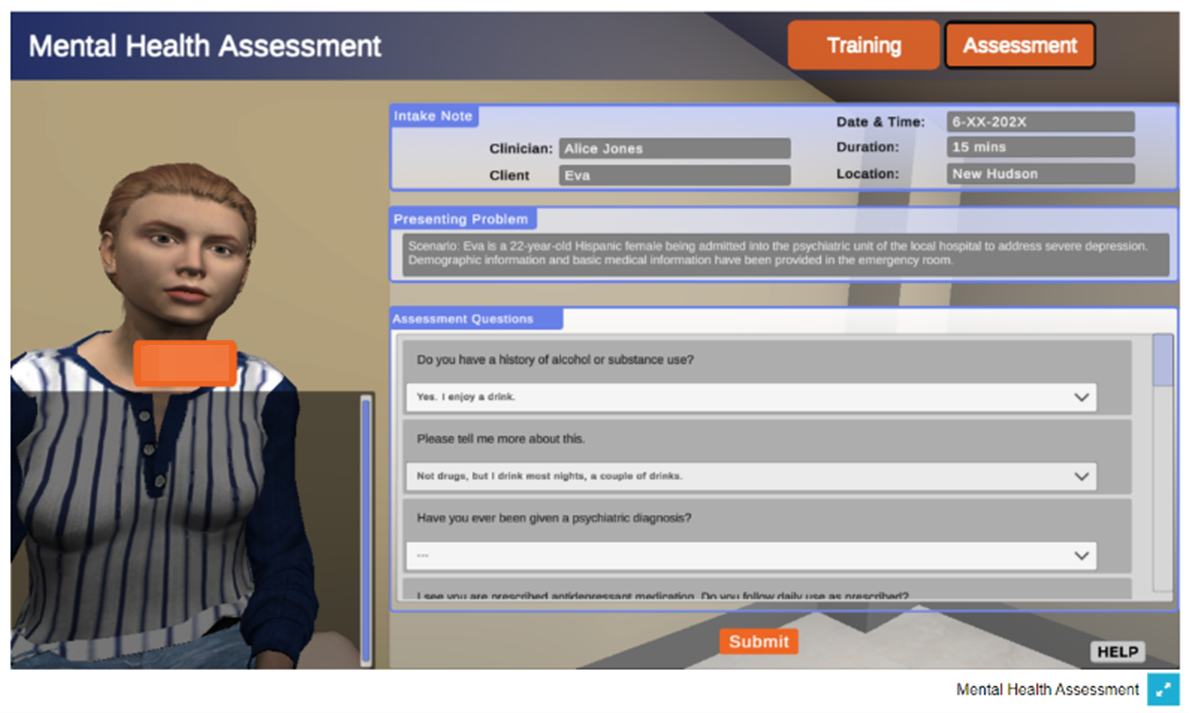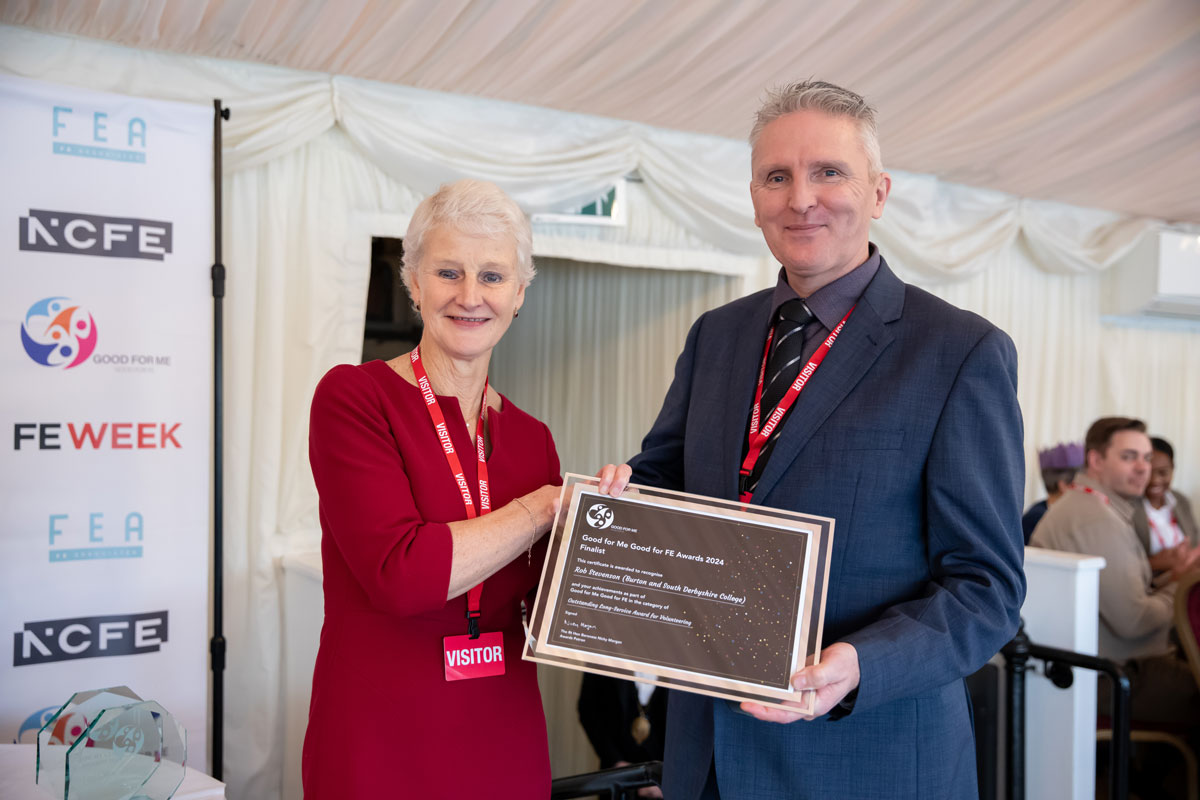MedCerts Combines Conversational AI, Generative AI, and Natural Language Processing For a Revolutionary New AI Addition To Online Healthcare Training

MedCerts makes every interaction unique for learners to experience critical healthcare training scenarios
MedCerts has launched its first Conversational AI /Generative AI healthcare training programs available on the market today. A subsidiary of Stride, Inc. (NYSE: LRN), a leading provider of online and blended education programs – MedCerts is known for its innovation in online career training in allied healthcare and information technology. By combining Conversational AI, Generative AI, and Natural Language Processing (NLP), MedCerts gives learners realistic patient scenarios that are customized in each and every interaction without duplication within an End-to-End (E2E) platform.
“I cannot overstate the significance of combining Conversational AI, Generative AI, and NLP in learning scenarios such as what we have created for MedCerts training programs,” said Dana Janssen, Chief Product Officer at MedCerts. “This combination of AI technologies replicates real-life patient cases in the virtual environment, uniquely preparing our students for success in the field.”
In the realm of online training, the pursuit has always been to provide learners with diverse and practical opportunities to practice essential skills. The release of MedCerts’ latest development marks a significant breakthrough. In the past, the limitations of technology constrained the number of unique interactions available to learners. However, the advent of Generative AI and Large Language Models (LLM) means MedCerts can now offer an endless array of unique interactions for students. The LLM learns from each engagement, adapting its responses to the learner’s questions. When combined with Conversational AI, this technology enables natural, person-to-person-like interactions, particularly useful in scenarios like taking a medical history.
For years, simulating real patient interactions posed a challenge for training purposes, which have been limited to the use of virtual avatars controlled by human actors or role-playing with instructors. MedCerts has revolutionized this essential component of training by integrating LLM and Natural Language Processing (NLP). MedCerts virtual avatars now emulate real patient responses to student interactions and mirror the diversity of real patients. This achievement relies on context-driven input, allowing the system to tailor responses based on the specific needs of each virtual patient.
The use of Natural Language Processing allows for end-to-end learning, meaning that interactions are connected within a single algorithm. For the learner, the multiple stages of their engagement are connected, and the algorithm “remembers” earlier stages of the conversation. In a healthcare training program, this could cover the entire patient experience from intake to discharge or referral. All stages connect because as the AI adds new information to its algorithm, the next response has already adapted to that input.
“MedCerts has remained at the very forefront of technology in training by using innovations such as virtual or simulated reality in our training and practice modules,” said Raj Arora, Sr. Manager of Learning and Instructional Design at MedCerts, “It’s no surprise that we’re among the first to infuse all these elements of AI into our programs, and we are confident it will make a real difference in preparing our students for career success.”
The content used in the new LLM/AI technologies will vary by course and subject and may include actual clinical data, accepted training and assessment data, and where possible and appropriate, information from actual training engagements. The blending of these unique in-house data sources will make MedCerts programs even more powerful and transformative.
The improvements and enhancements in MedCerts programs are coming at a crucial time. According to the U.S. Bureau of Labor Statistics, employment in healthcare occupations is expected to grow 13 percent from 2021 to 2031, building even more demand for well-trained employees and career leaders in these fields.
To date, MedCerts has helped more than 80,000 students earn credentials to start new careers or earn advancement in healthcare and IT. MedCerts has developed more than 50 immersive online national certification training programs with best-in-class outcomes.
Learn more about MedCerts instructional technology here or read about generative AI in MedCerts training programs for healthcare in Training Industry











Responses